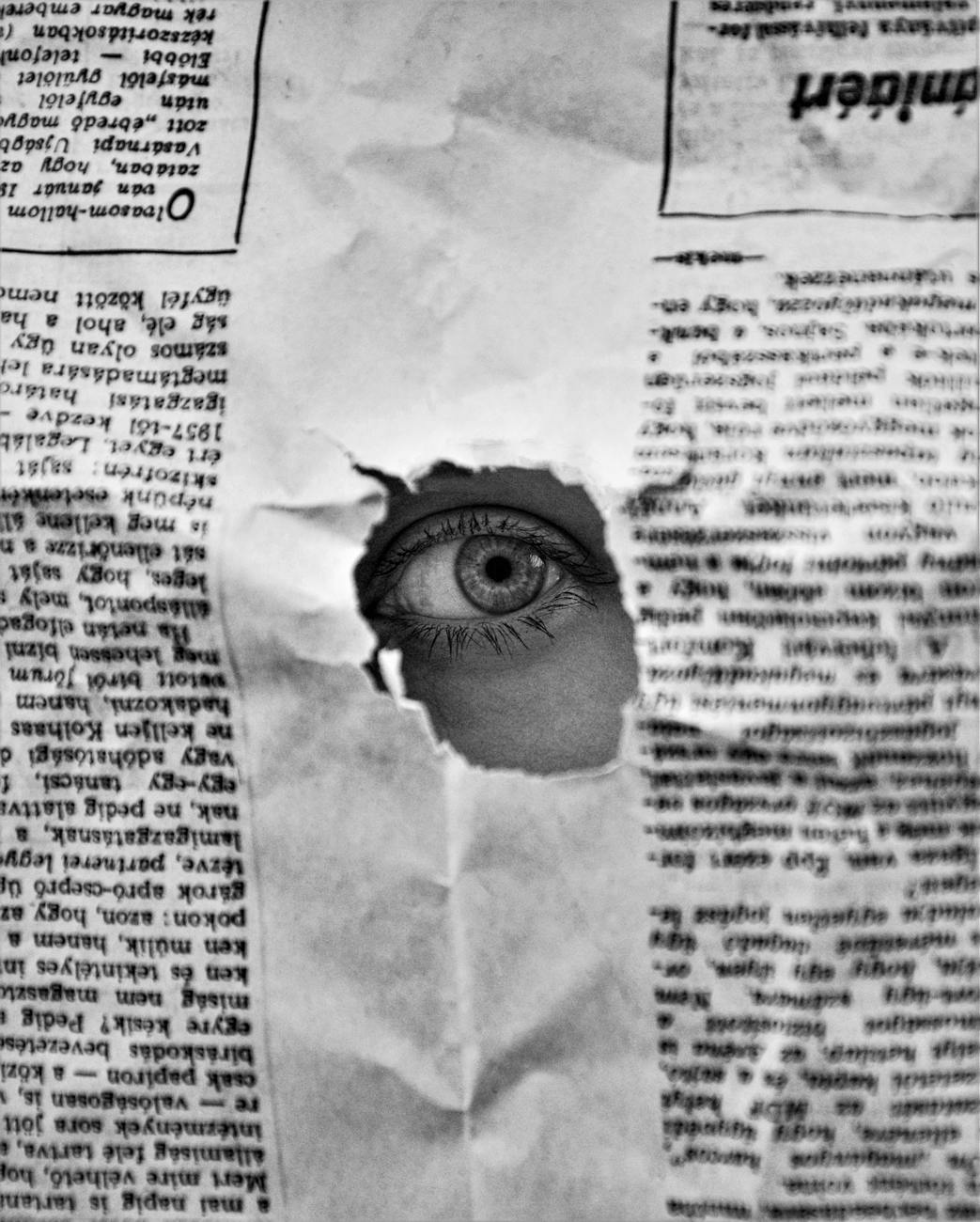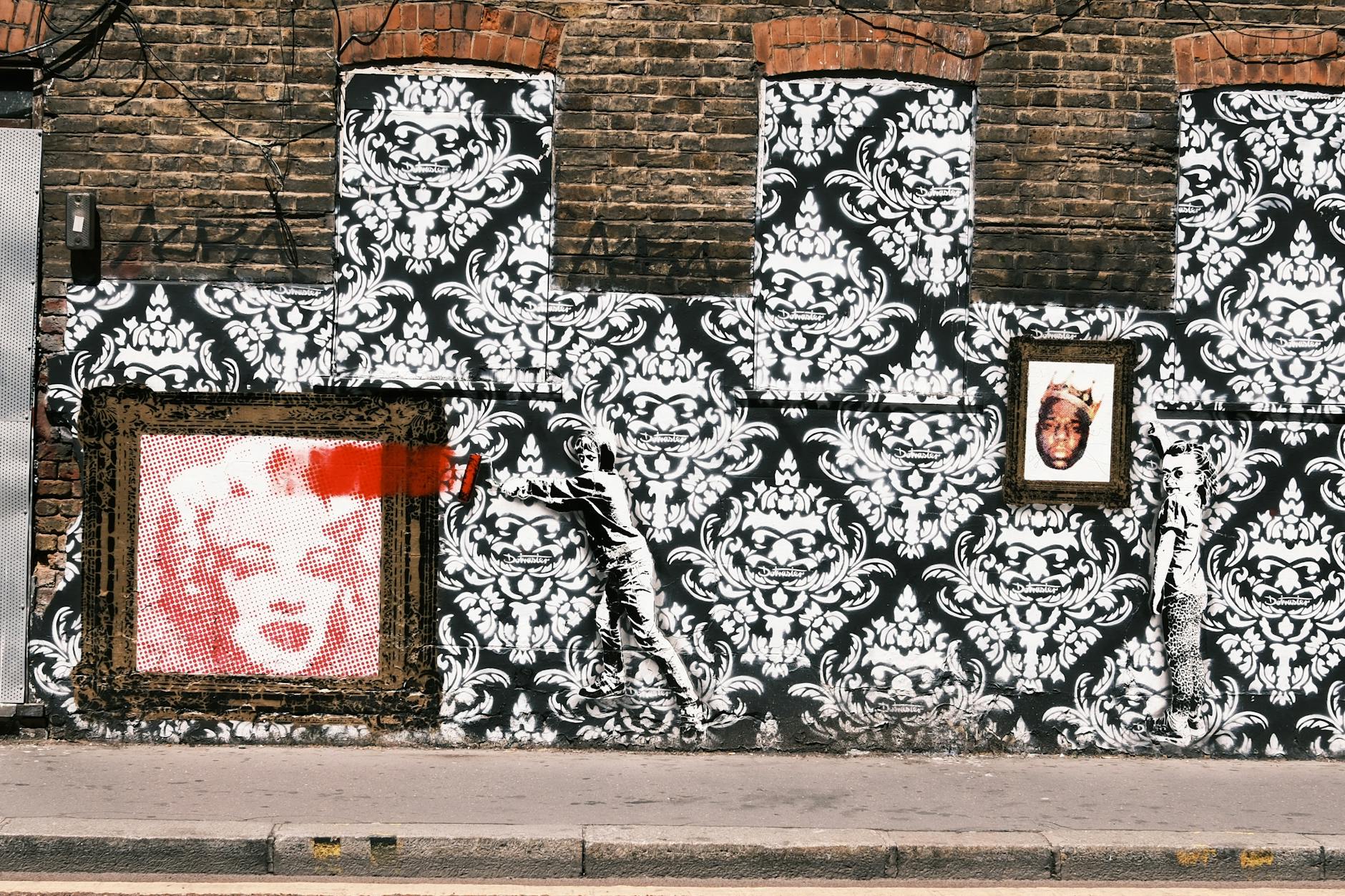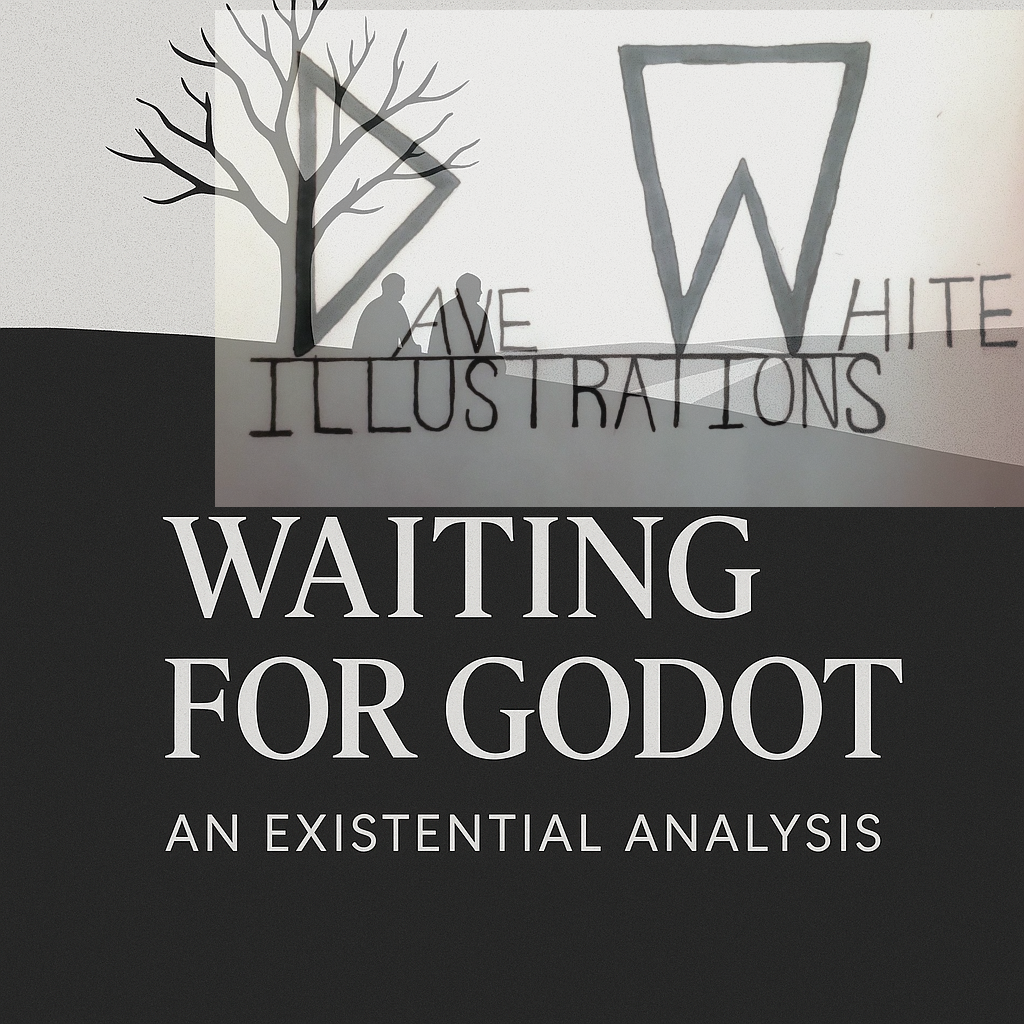A Controversial Offer: Unmasking Trujillo’s Motives in the 1938 Sosúa Settlement
In the late 1930s, World War II escalated. The Nazi regime targeted European Jewish communities. A surprising offer emerged from a Caribbean nation. The Dominican Republic, led by dictator Rafael Trujillo, agreed to accept Jewish refugees into its territory. But was this act purely altruistic, or did it serve a hidden agenda?
Why Read This Series?
The goal here is to understand how Trujillo’s decision goes beyond a simple humanitarian act. It provides insight into his racial, political, and personal ambitions.
This series examines the Sosúa Jewish refugee settlement. It aims to unravel Trujillo’s complex motives. It also explores the deeper, often overlooked layers behind this historic event. It challenges the idea of “good deeds” done for self-serving reasons. It raises questions about ethics, power, and manipulation in times of crisis.
Overview
We set the stage by introducing the ethical dilemma of good deeds done for selfish reasons. Our focal point is Trujillo’s offer to shelter Jewish refugees.
Part 2: “The Historical Context of the Sosúa Settlement”
This part offers historical context. It details World War II’s impact and the Evian Conference. It also explains how Trujillo positioned the Dominican Republic midst global crises.
Part 3: “The True Motives Behind Trujillo’s Offer”
We dissect Trujillo’s motives, examining racial ambitions, economic incentives, public image repair, and his efforts to improve U.S. relations.
Part 4: “A Double-Edged Deed: Was Trujillo’s Offer to Jewish Refugees Truly Altruistic?”
We think about the implications of Trujillo’s motives, inviting readers to consider the complex nature of morality in political acts.
Continue to: Part 1: “A Selfish Good Deed? Trujillo’s Offer to European Jewish Refugees”





Leave a Reply